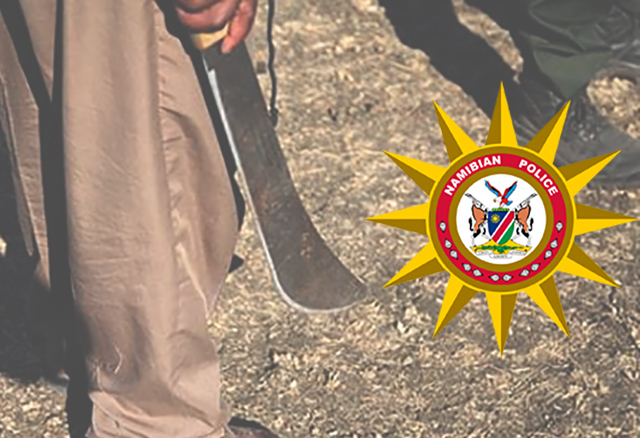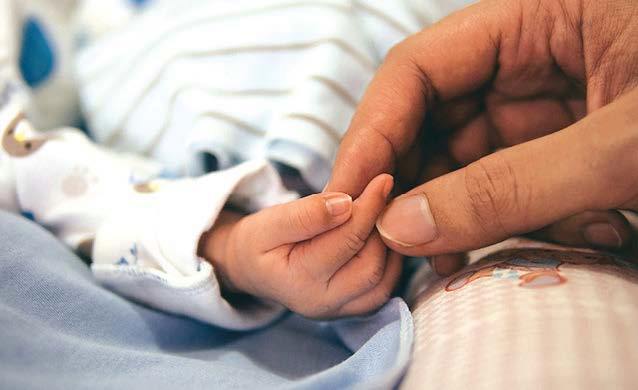WASHINGTON – Barring a clear victory by either US President George W. Bush or his Democratic rival John Kerry, the stage is set for today’s presidential election to be decided in court instead of at the ballot box.
Thousands of Democratic and Republican party lawyers have already been deployed around the country as charges and allegations fly and vote-related lawsuits are filed. “The likelihood is that if it’s close it will go to the courts, even if there are only one or two states where it’s close,” said Kevin McMahon, a political science professor at New York University-Fredonia.Howard Gillman, a specialist on constitutional law and author of a book on the controversial 2000 presidential race between Bush and Democrat Al Gore, agrees.”Two things make it likely,” he told AFP.”The election is still very, very close” and there is “a huge legal infrastructure that the parties have put into place.”Final results in the 2000 presidential race were delayed for 36 days due to disputes over balloting in the southeastern state of Florida, and resolved only after US Supreme Court intervention.Party officials “are prepared in a way that they were not really prepared last time,” said Gillman.Lawsuits have already been filed in the mid-western state of Ohio and Florida.Most of the suits up to now are related to voter rolls, either challenging possibly fraudulent registrations or complaining about voters that have been excluded from the rolls.Armies of Republican and Democratic observers have already shown up at early voting sites, and will be out in force on election day.”Chances are, with all these people on the ground, controversies are going to spark,” said McMahon.Then there are provisional ballots, mandated by the US Congress in 2002 after thousands of mainly African-American Florida voters said they were improperly denied ballots because their names were improperly removed from voter rolls or not on them.Key details on provisional ballot use however were left up to the states, and many are being litigated.This year observers largely believe the US Supreme Court will stay out of the electoral melee.The court “would be extremely hesitant to get involved again,” McMahon said, “unless there is some gross abuse at the state level.”Most observers hope that whoever wins will do so by a convincing margin, noting that in some states election lawsuits are forbidden if the difference between the candidates is more than one percent.If not, the consequences could be far reaching, said University of Maryland political science professor Mark Graber.”It was a semi stolen election last time,” Graber said, referring to the 2000 presidential election.”If there are two in a row, there will be enormous damage.””(If) people increasingly think the regime is not legitimate it might lead to some instability,” he said.- Nampa-AFP”The likelihood is that if it’s close it will go to the courts, even if there are only one or two states where it’s close,” said Kevin McMahon, a political science professor at New York University-Fredonia.Howard Gillman, a specialist on constitutional law and author of a book on the controversial 2000 presidential race between Bush and Democrat Al Gore, agrees.”Two things make it likely,” he told AFP.”The election is still very, very close” and there is “a huge legal infrastructure that the parties have put into place.”Final results in the 2000 presidential race were delayed for 36 days due to disputes over balloting in the southeastern state of Florida, and resolved only after US Supreme Court intervention.Party officials “are prepared in a way that they were not really prepared last time,” said Gillman.Lawsuits have already been filed in the mid-western state of Ohio and Florida.Most of the suits up to now are related to voter rolls, either challenging possibly fraudulent registrations or complaining about voters that have been excluded from the rolls.Armies of Republican and Democratic observers have already shown up at early voting sites, and will be out in force on election day.”Chances are, with all these people on the ground, controversies are going to spark,” said McMahon.Then there are provisional ballots, mandated by the US Congress in 2002 after thousands of mainly African-American Florida voters said they were improperly denied ballots because their names were improperly removed from voter rolls or not on them.Key details on provisional ballot use however were left up to the states, and many are being litigated.This year observers largely believe the US Supreme Court will stay out of the electoral melee.The court “would be extremely hesitant to get involved again,” McMahon said, “unless there is some gross abuse at the state level.”Most observers hope that whoever wins will do so by a convincing margin, noting that in some states election lawsuits are forbidden if the difference between the candidates is more than one percent.If not, the consequences could be far reaching, said University of Maryland political science professor Mark Graber.”It was a semi stolen election last time,” Graber said, referring to the 2000 presidential election.”If there are two in a row, there will be enormous damage.””(If) people increasingly think the regime is not legitimate it might lead to some instability,” he said.- Nampa-AFP
Stay informed with The Namibian – your source for credible journalism. Get in-depth reporting and opinions for
only N$85 a month. Invest in journalism, invest in democracy –
Subscribe Now!








